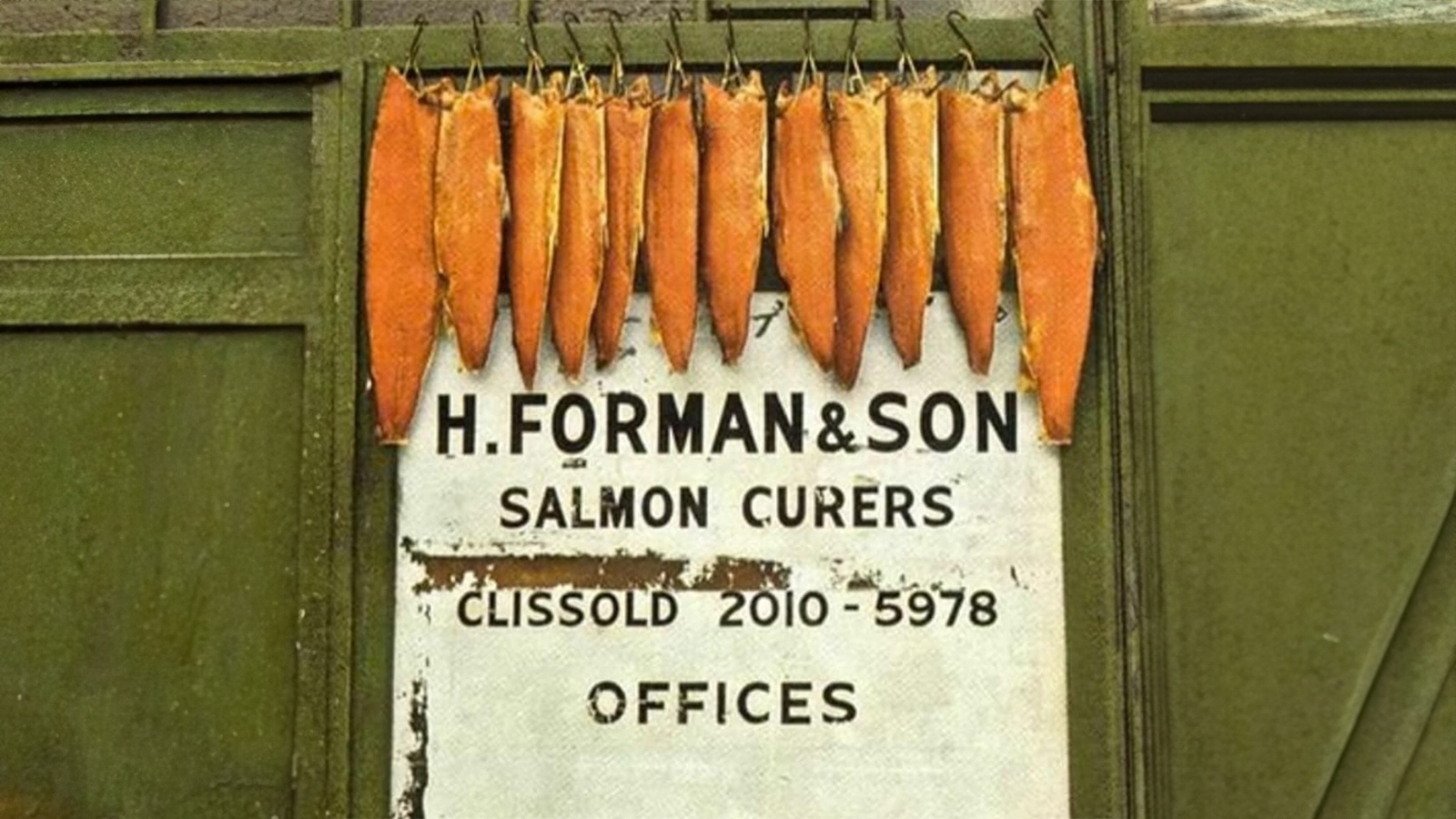Petike
Kicked
Your challenge, should you accept it, with a POD after 1750, is the following:
- Have Jewish settlers from Europe and elsewhere settle in larger numbers in the coastal areas of the Pacific Northwest.
- The Jewish settlers gradually befriend various coastal native ethnicities of the Pacific Northwest, up to southern Alaska.
- The combined efforts of the Jewish settlers and the traditional know-how of the native peoples create an interesting form of cooperation concerning coastal fisheries.
- The settlers and the natives cooperate on founding small and medium businesses based on the coastal fisheries, and later, sea fisheries. They make a pretty penny on selling dried and icebox-freezed fish to customers in western North America, and later the wider world. The business scene is small and medium enterprise, since there are both economic and logistic reasons why larger settler-and-native corporations wouldn't be as competitive with other PNW settlers (or maybe only one or two corporations, at most).
- In time, the settlers create a branch of some of their fishery businesses, focused on the export of kosher fish ingredients.
- Have Jewish settlers from Europe and elsewhere settle in larger numbers in the coastal areas of the Pacific Northwest.
- The Jewish settlers gradually befriend various coastal native ethnicities of the Pacific Northwest, up to southern Alaska.
- The combined efforts of the Jewish settlers and the traditional know-how of the native peoples create an interesting form of cooperation concerning coastal fisheries.
- The settlers and the natives cooperate on founding small and medium businesses based on the coastal fisheries, and later, sea fisheries. They make a pretty penny on selling dried and icebox-freezed fish to customers in western North America, and later the wider world. The business scene is small and medium enterprise, since there are both economic and logistic reasons why larger settler-and-native corporations wouldn't be as competitive with other PNW settlers (or maybe only one or two corporations, at most).
- In time, the settlers create a branch of some of their fishery businesses, focused on the export of kosher fish ingredients.
Last edited:

